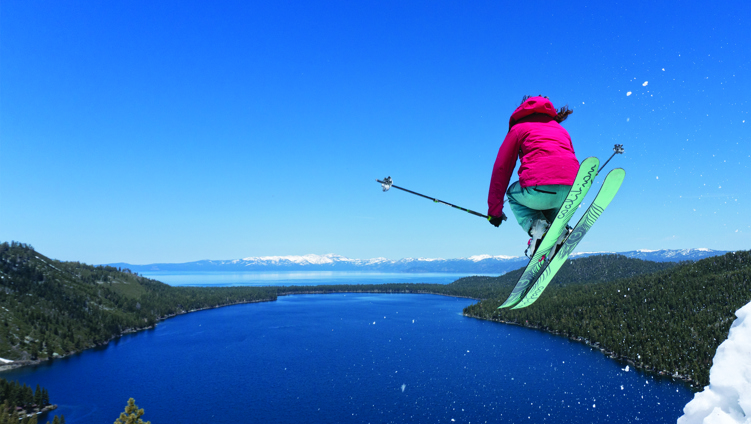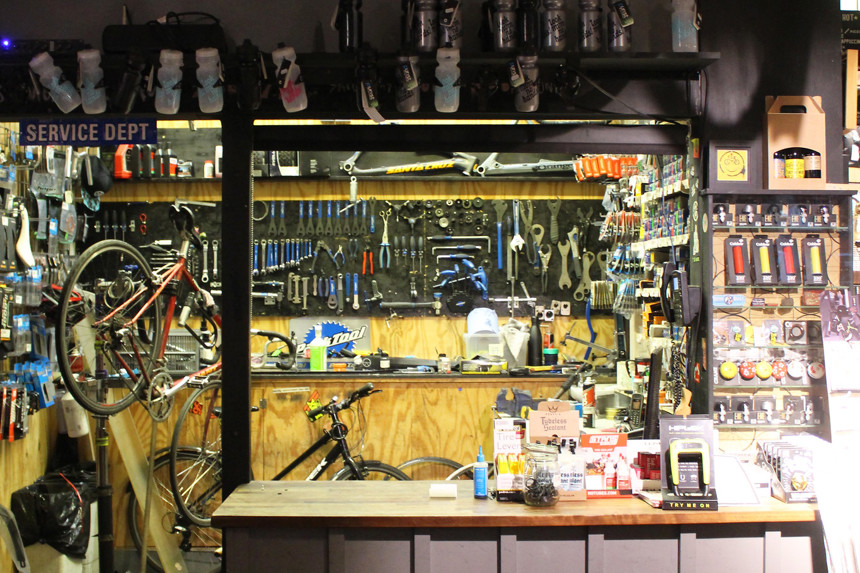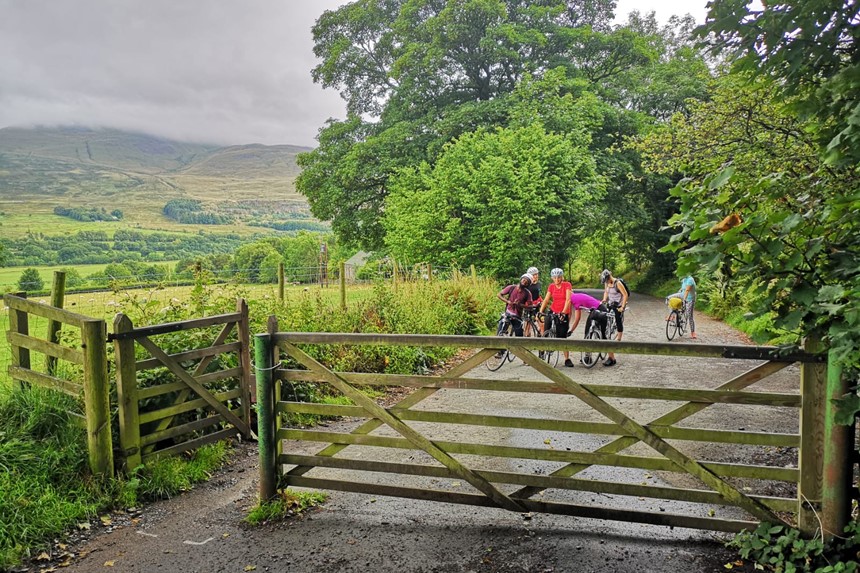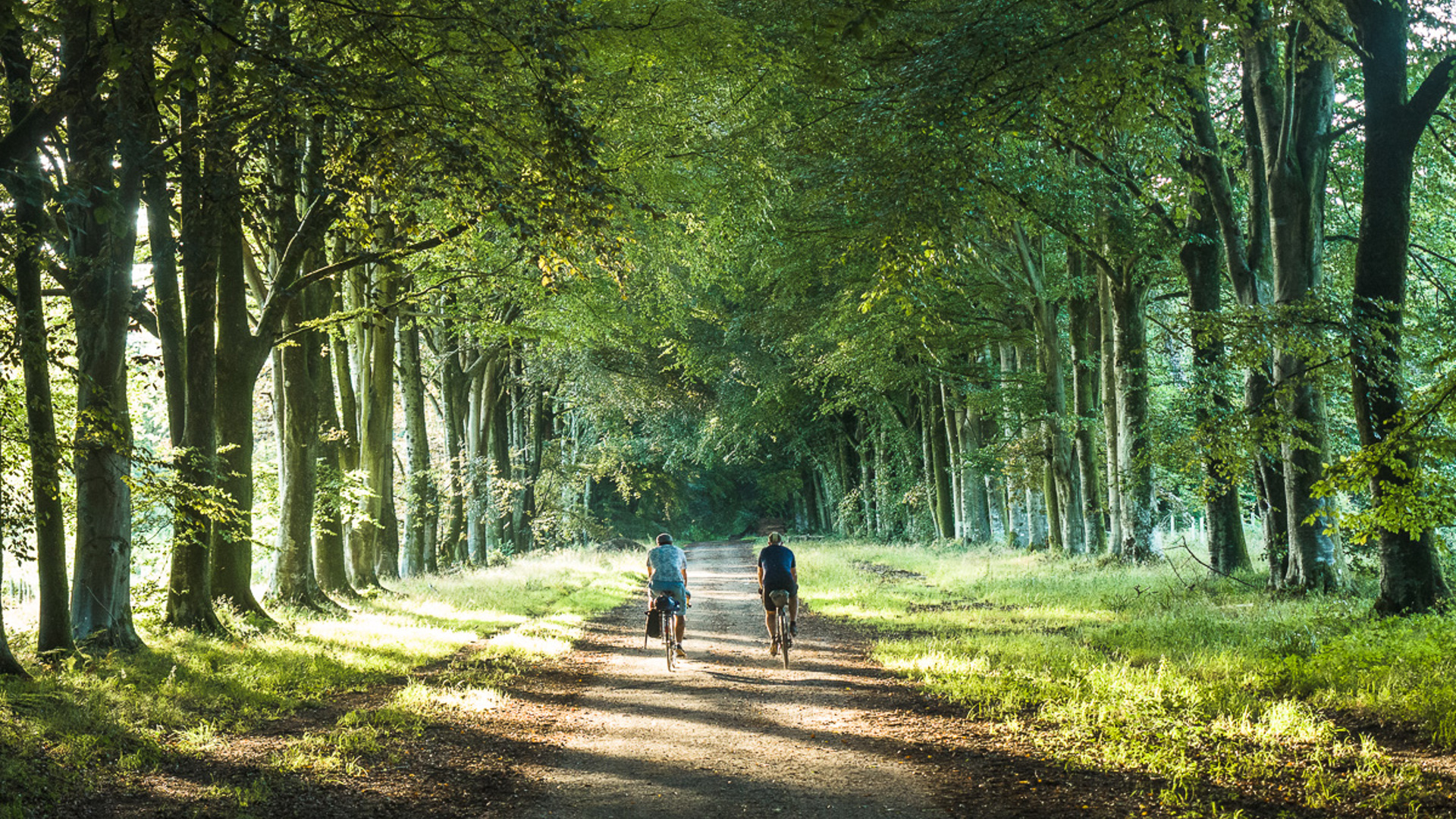
Where the 2010 boom in UK cycling conjures up images of Bradley Wiggins, Chris Hoy, Team Sky and the build-up to the Olympics, this alleged new ‘golden era’ could be driven by the more practical considerations of reduced public transport capacity [limiting space to just 10% of pre-crisis levels] and adherence to two-metre social distancing.
As restrictions ease but social distancing remains in place how we substitute the millions of journeys normally taken on public transport will be critical.
In China, people are choosing cars. 66% prefer private cars as a means to travel post-pandemic compared to just 34% before. This is concerning. As Rachel White, Head of Public Affairs for Sustrans comments ‘if we even saw a fraction of that [substitution] in small towns and cities we’d have gridlock. More to the point it will do nothing to help with air quality, let alone help the climate crisis. It's really important for us that as we emerge from one crisis we don't perpetuate any other crises.’
Bike shops up and down the UK have never been busier. Rusty, dusty bicycles are getting dragged out of sheds and taken for a look over, soon-to-be cyclists are heading off in search of second-hand two-wheel deals and the more committed soon-to-be roadies comb through details of the Cycle-to-Work scheme.
Nelsy, who works at Rat Race Cycles in Nunhead, south London explains how busy they’ve been, 'we are booked up 3 weeks in advance at the moment which we have not had even in our busiest summer's and it really doesn't show signs of slowing down which is great to see. There's definitely been an increase in bikes coming in that have been dug out of people's gardens, sheds and basements. People seem pretty adamant to get their bikes working again to commute to work.'
It’s not just London either. As Stu Jackson, owner of Whiptail Cycles in North Tyneside explains, ‘everything has trebled, online orders, enquiries, walk-in, services, repairs. We’re three times as busy now as we are during our usual peak in the middle of summer’. The Bristol Bike Project is experiencing similar bottlenecks, ‘the mechanics operating our workshop are rammed, they’ve no sooner built a bike than it’s gone’ explains Krysia one of the Project’s core team.
'Everything has trebled, online orders, enquiries, walk-in, services, repairs. We’re three times as busy now as we are during our usual peak in the middle of summer'
What’s driving this demand?
Sure, there’s demand from key workers needing a safe way to get to work but it’s also just the ‘average Joe’ with more time on their hands, wanting to get out of the house and into the sunshine.
It’s not all freewheeling of course. COVID-19 is throwing up challenges for many cycle businesses with factory lines grinding to a halt, delayed orders and delivery of parts and products, workshops forced to work at reduced capacity and often essential revenue streams from food and drink reducing to a trickle. ‘Everyone has a plan until you get punched in the mouth’ explains Ali Namdari, Founder of Labo Mono who had to postpone the release of their cycling jackets into UK shops due to factory line delays. Charlie Stewart, Co-Founder of UK cyclewear brand Albion admits they’ve experienced similar issues with the launch of their spring/summer range, ‘this will now be coming out in June, which is unusual for a spring/summer collection!’.
Cycle cafés have also been hit and of the factors determining their survival, location is likely to be king.
Lewin Chalkley, Founder of Look Mum No Hands, the (usually) buzzing, vibrant cycling café and workshop based in Old Street, London, which last month celebrated its tenth birthday in lockdown, explains how they lost 70% of their revenue stream when they closed up shop back in March. ‘Our workshop is still open as is our online shop but we’ve had to furlough most of our staff’ he says, ‘what’s more, the future for us is uncertain, many of our usual customers [people working in the offices around Old Street] are realising you can work from home now and that maybe you don’t need to sign that £2million lease on that 30,000-foot square office. We hope we can survive’. A bifurcation between inner and outer city cycling hubs in the post-crisis era is a likely trajectory.
Look Mum No Hands Cycling Café, London

But could this rise in urban cycling trigger a boom in leisure cycling, cycle touring and bike-packing?
Rachel White, Head of Public Affairs at Sustrans, the custodians of nearly 15,000 miles of National Cycle Network across the UK, suggests this would be a reasonable assumption, ‘we would love for there to be increases on that [rural] network as well. It’s great for seeing areas of natural interest and it links up villages to towns and towns to cities.’
What about longer weekend rides, the Coast-to-Coasters and Lands-End-John-O’Groaters? With international travel ground to a halt, will we see hordes of cyclists laden with shiny panniers taking to the road and heading to Whitehaven with packs of dried noodles and bivvy bags?
Jack Thurston, author of the Lost Lanes series and chair of the Abergavenny Cycle Group suggests this might be so, ‘in a way bikepacking and cycle-camping are the ultimate social distancing holidays; you carry your own food supplies, stop at a supermarket or a shop every few days, cook your own food, make your own sandwiches, get water from a river or wherever. I don't know if 60 million people can take it up in an island as small as ours, but I certainly see that that kind of cycling is going to be booming.’
'In a way bikepacking and cycle-camping are the ultimate social distancing holidays; you carry your own food supplies, stop at a supermarket or a shop every few days, cook your own food, make your own sandwiches, get water from a river or wherever.'
Photos Left-Right: Old Chamber Calderdale (West Yorks), North York Moors, Grovely Wood (Southern Wiltshire) | © Jack Thurston, Lost Lanes



Asked whether a rise in bicycle touring holidays was on the horizon Paul McKenzie, owner of Arkel, a company making panniers for commuter and leisure cycling as well as longer tours said 'it's too early to tell. We surely noticed an increase in the urban/commuting segment as far as our recent sales go. Non-cyclists are definitely turning back to cycling for leisure day outings, but multi-day touring still requires lodging/camping and this remains a big impediment to any full blast increase in touring.'
This sentiment was echoed by Nils Amelinck the Cycle Market Manager for Lyon, the UK distributor for Ortlieb, 'now that lockdown has eased somewhat we have definitely seen a strong increase in demand for [bicycle] luggage, but probably mainly from people wanting to prepare themselves for returning to work without using public transport or getting stuck in traffic jams. I think there will be a strong uptake in [bike packing and cycle touring] when we come out of this, mainly because there will be more staycations.'
To someone who’s just taken to the saddle, heading off on a bike touring weekend may seem a bit of a step. Jack is quick to point out the barriers, ‘[bike touring] entails all kinds of things like being able to fix your bike, look after it, know where to go and how to cook your own food. Just generally being able to look after yourself in the wild requires a whole journey of building skills that you can't really achieve overnight.’
But it’s not impossible. Just as the first set of pro-cycling measures in towns and cities were authorised by the stroke of a pen, a second set could focus on boosting the cycle touring sector. Ambitious vision and supportive policy could look at social distancing campsites, widespread land access and ‘right to roam’ type policies, rural bike servicing facilities and cafes, hot public showers with clothes driers.. what else?
Joe Reid, owner of Brake the Cycle, an adventure cycling tour company which adds 'sustainability infused twists on cycling classics', is expecting a new wave of interest and is keeping busy finalising his 2020-21 trips in a collaborative new partnership with Adventure Uncovered. From single-day adventures to three-week epics, the trips are for people who are looking to explore new places and passions, all with a like-minded, supportive group.
'It's a wonderful time to be on two wheels, the air is cleaner than we've likely experienced in our lifetime, and the roads are quieter. There has never been a better time in the UK to explore by bike.'
In this trajectory, the ‘golden era of UK cycling’ could be more democratic and accessible than previous eras.
Cycling 'Coast to Coast' with Brake the Cycle and Adventure Uncovered

As Charlie Stewart of Albion describes ‘the previous boom [in UK cycling] was much more driven by the sport aspect. Everyone was buying road bikes and talking about Team Sky and Bradley Wiggins. But this cycling boom, if it materialises, will be much more driven by the bike as a means of travel in cities and in the countryside. It will be positioned as a healthy way for everyone to get around. I think the pure sport element might be changed, we’ll see lots of different types of bikes being bought and used by lots of different types of cyclists. One of the good things of all this could be the elevation of the bicycle as a way of travel.’
If the first wave of UK cycling was road racing, lycra and the velodrome, will this wave be baskets, bike racks, waterproofs and bivvy bags? As Jack Thurston asks ‘are we all going to become independent cycling travellers?’
In some ways, we hope so.
All Photos: © Albion


A little help to get you on your way...
Despite not being able to grab a coffee and cake from the café, Look Mum No Hands are still shipping orders for their online shop. Their workshop is open during the week for repairs and services: workshop@lookmumnohands.com
We can’t recommend Jack Thurston's Lost Lanes series enough, for some of the most beautiful rides in Britain. And the latest edition to the series Lost Lanes North has just been published.
Sustrans has created a map showing bike shops open and offering discounts for key workers.
Whilst you wait for their spring/summer collection to arrive, check out these serious cycling endeavours beautifully documented by Albion
Want to 'pedal with purpose' all over the UK? Check out sustainable cycle holiday company Brake the Cycle and register your interest for their 2020-2021 trips here.







